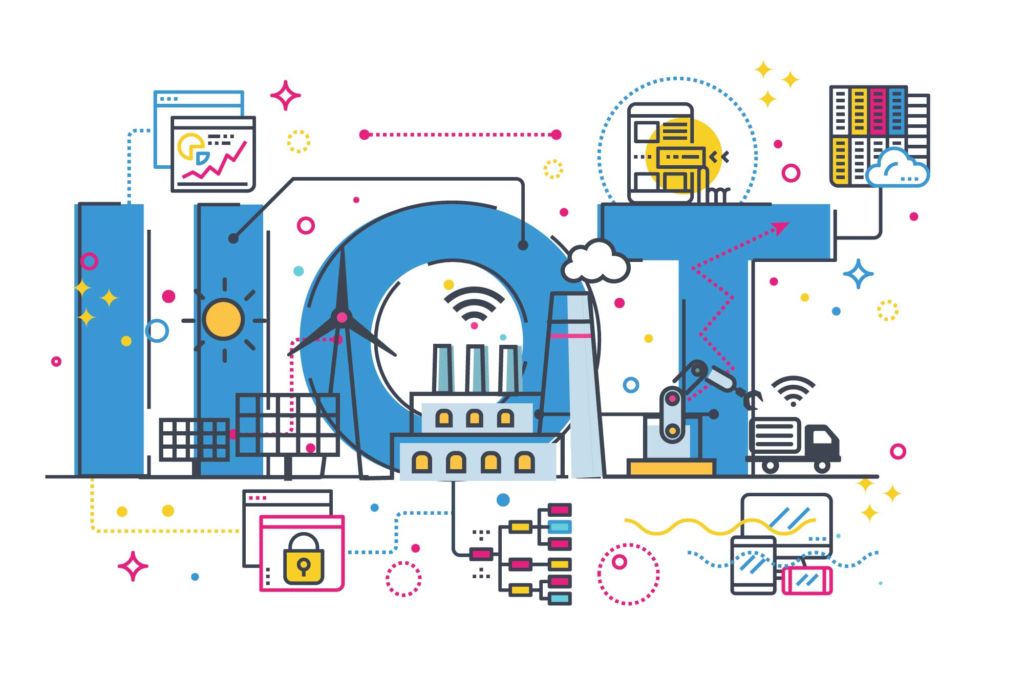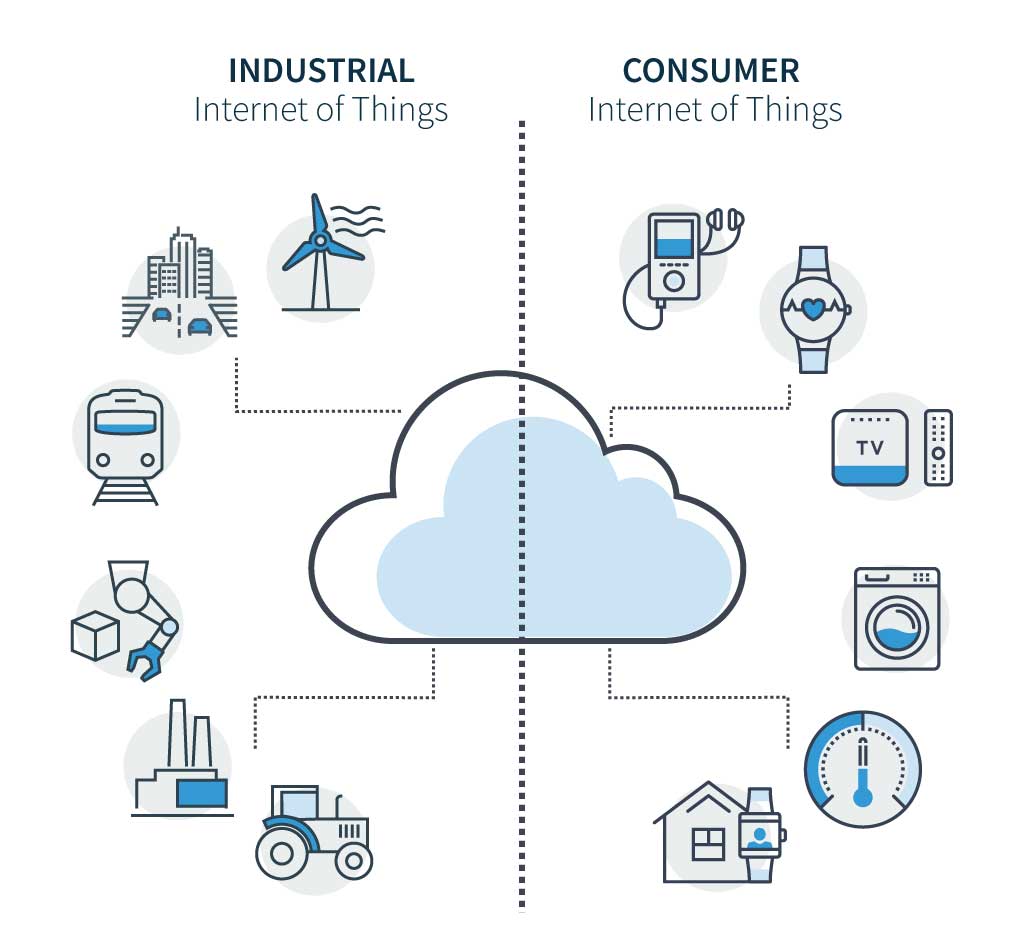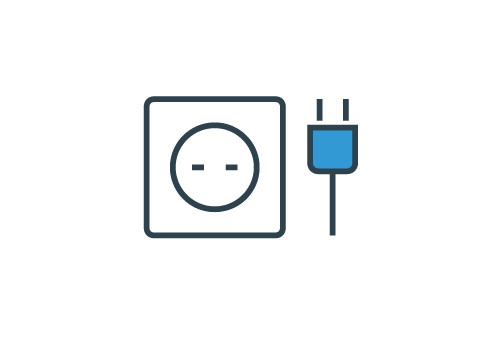
What is the difference between IIoT and IoT?
The Internet of Things (IoT) is a collection of interconnected physical devices that can monitor, report on, send and exchange data. This can range from cars and home appliances to wearable gear like watches. All of these objects connect to the internet and transmit data from the physical world to the digital world. These are considered ‘smart objects’.
Need a refresher on IoT? Click here.
Now, the IIoT, which stands for the Industrial Internet of Things, is a similar concept. They both have the same characteristics, which is intelligent connected devices. The difference is how they are utilized. While IoT is normally used by a consumer or end user, IIoT is used for industrial purposes such as manufacturing, supply chain monitoring and management.

If we compare both, it’s clear that IIoT uses more sophisticated devices in order to properly leverage existing manufacturing and supply chain monitoring. Their goal is to provide more accurate data in order to properly and securely enable automation between machines.
IoT’s main purpose on the other hand is to use smart devices in order to help improve the lives of its consumers. Making life more convenient is what the consumer internet of things aims to solve.
Now that we have a solid understanding of what industrial IoT means, let’s dive in on how it will be used in different applications.
How will IoT be used in industry?
IIoT will enable enhanced automation, data collection, and analytics, in addition to optimizing workflows and processes in industrial applications. These devices can be programmed to work together on an assembly line, for example. It can collect data on the status of the environment as well as the equipment. This can prevent machines from breaking down or potentially putting workers at risk. These smart technologies are put in place to allow for proactive maintenance or automated recovery after failures.
![]()
IoT’s Impact on Agriculture
The farming and agriculture industry can certainly benefit from IoT technologies. Using smart wireless technology, these tools will enable farmers and agricultural workers to better track their crops and livestock, measure data, and allow drones to help inspect the land. Due to the size of the area, remotely monitoring their land will help save them time and energy. These technological advancements will allow farmers to maximize their production and keep up with the increasing demand for food.

IoT’s Impact on Energy
Smart meters can precisely monitor energy consumption and allow utility companies to accurately and efficiently bill customers in relation to their consumption. Additionally, users who use green technology can see the amount of energy they’ve used in order to help motivate more environmentally friendly practices.
![]()
IoT’s Impact on Manufacturing
In the manufacturing world, one of their main concerns is productivity. Therefore, the IoT will help sense, communicate, and self-diagnose issues in order to optimize performance and reduce downtime. Other factors that it addresses are to prevent production delays in order to better improve line performance. If the sensors notice something wrong with machine, a signal would be sent to the server. Reducing equipment downtime is a huge factor because the time and cost to repair some of these large machines is quite significant. Smart devices could also locate the problem and accelerate the system issue so that the proper measures can be taken in order to properly fix the machine.
IIoT and M2M communication
As we have seen with the previous examples, the industrial Internet of Things is directly related to machine-to-machine communication. The goal is to reduce human interventions as much as possible in order to maximize automation, and in turn, augment production and efficiency.
Therefore, the IIoT can be considered a movement towards smart machines in order to effectively monitor the accuracy levels of operations that cannot be achieved through human interventions alone.
Benefits of the IIoT
One of the greatest benefits of the Industrial Internet of Things is the ability to greatly reduce human errors and manual labor. Two factors that we have already mentioned are crucial to the purpose of IIoT: efficiency and cost reduction (in terms of saving money and time). These are the main factors that companies expect when implementing this kind of technology.
The ability to collect data, analyze it, and then take the proper actions based on the results is essentially what IoT is all about, whether for consumer or industrial purposes. The goal of IIoT is also not to fully replace human work, its goal is to enhance and optimize it.
Main takeaways
To summarize, the main advantages of IIoT are the following:
- Improved and intelligent connectivity between devices or machines
- Increased efficiency
- Cost savings
- Time savings
- Enhanced industrial safety
It’s clear that the industrial internet of things will transform business practices and redefine business processes within the industrial sector.
Leave A Comment